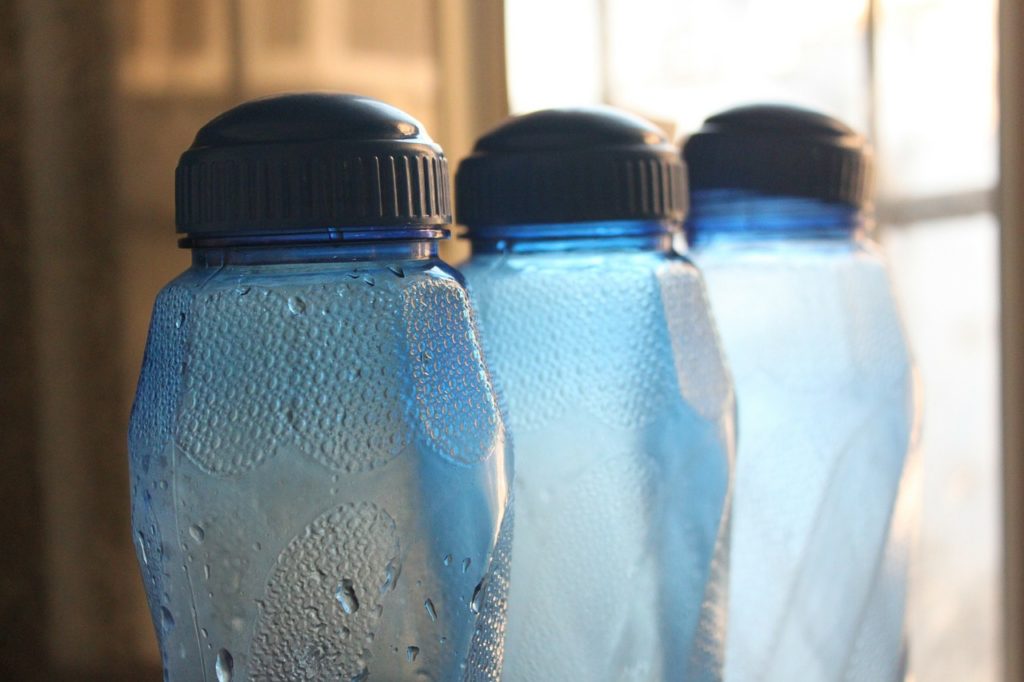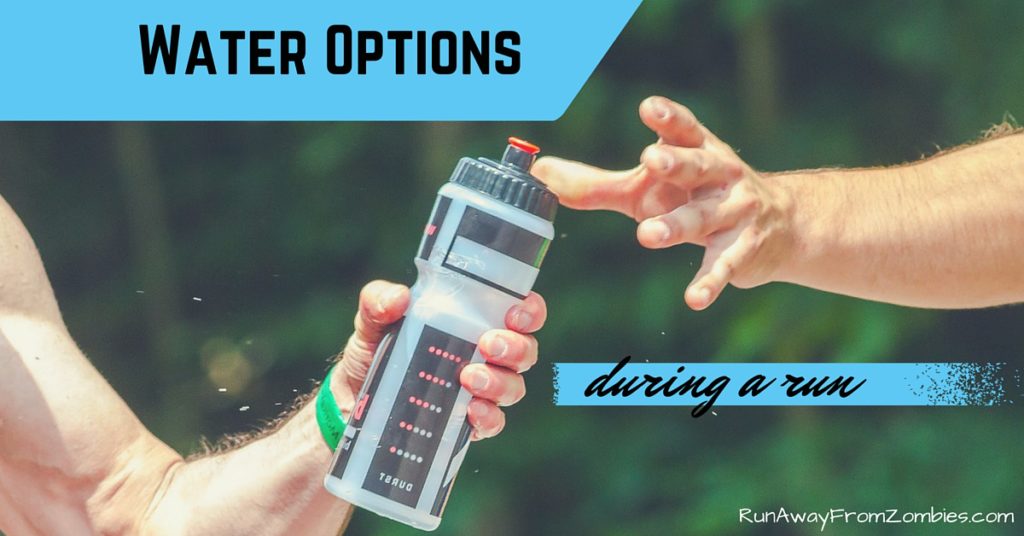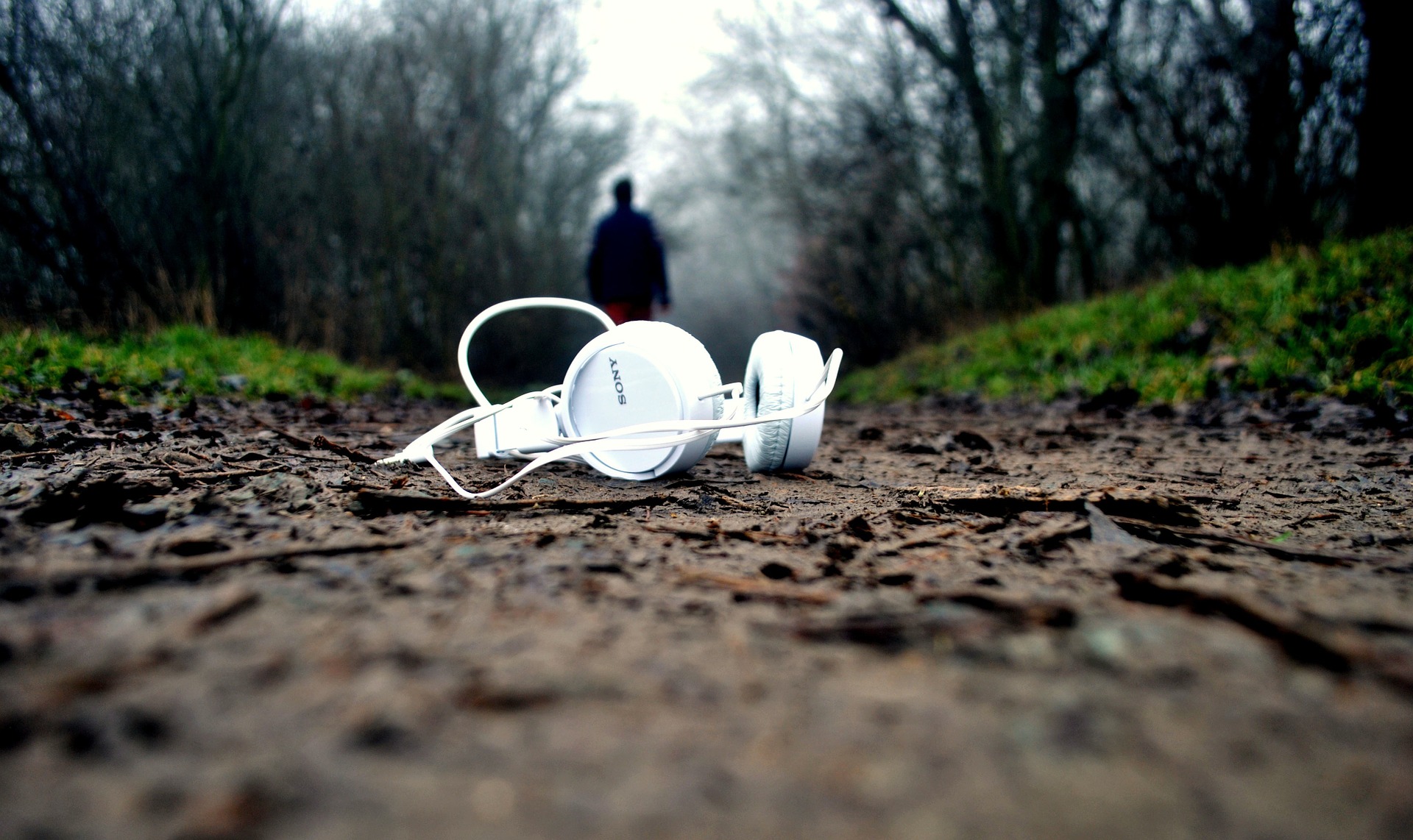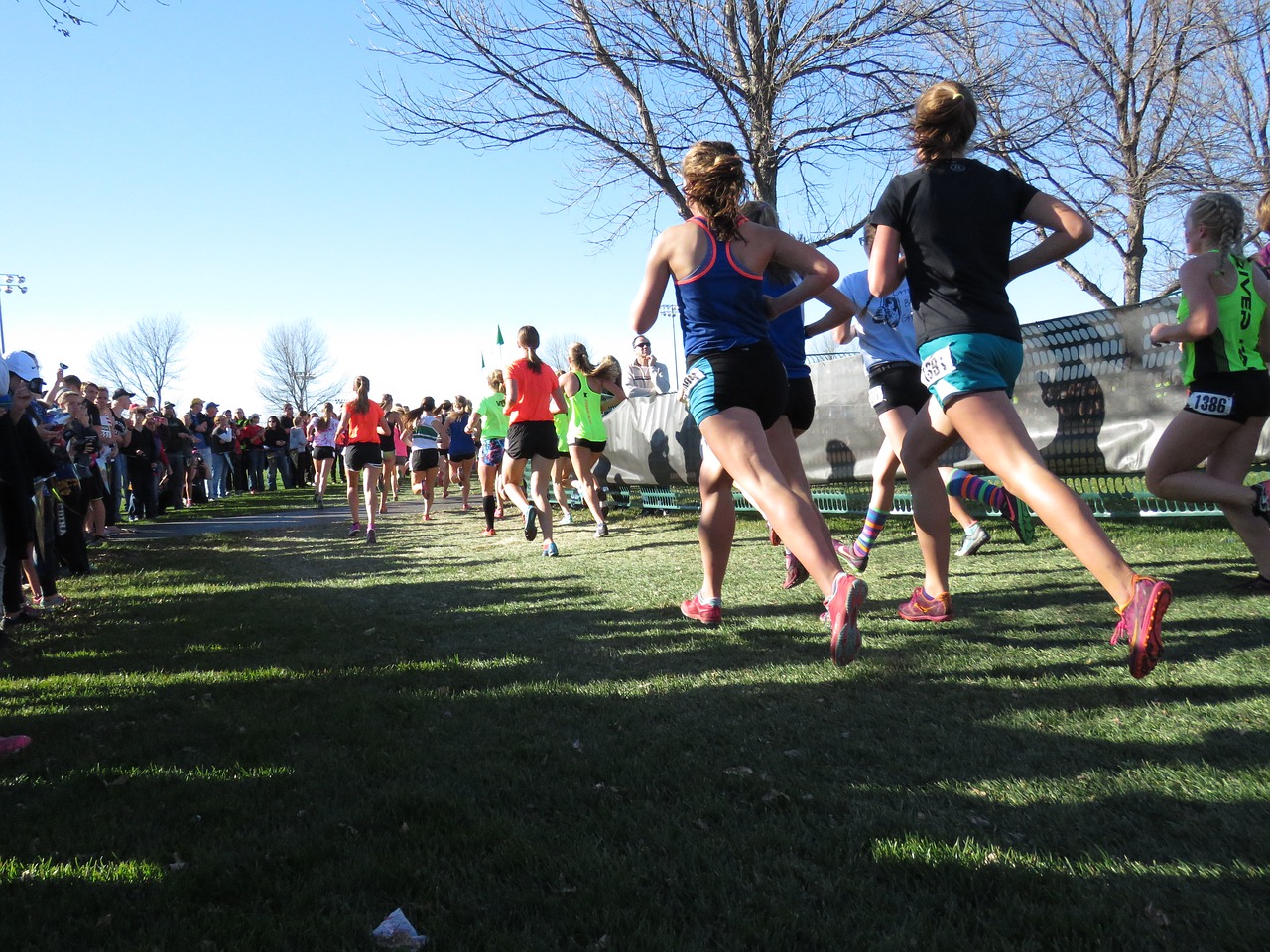In my last post, I talked about running in the heat and mentioned hydration. When should you start carrying water? Some guidelines say runs over 60 minutes require water. If you’re in a Savannah summer, even that might be pushing it. Hydration is important, but also inconvenient. This post is going to share some of your water options during a run so that maybe you’ll feel more comfortable bringing and enjoying water.
Plus, if the zombie apocalypse goes down, you’ll already have a water container.
Water Options During a Run
Run where the water is
An easy way is to just run where water is available. Perhaps drive to a park instead of running there, and leave water in your car. You can grab a few gulps as you do your laps. Or if you run from your house, swing back around mid-run for an AC and water break (just make sure to finish your run!).
Run in a place that has water fountains. Let the water flow for a few moments to reach the cooler water. Or, keep a couple of dollar bills in your running shorts and stop at a gas station.
Hide a water bottle
Hide a cheapy water bottle behind a light pole, behind your car’s tire, or elsewhere on the route where you’ll return. If you’re worried about tampering, bring a sealed bottle, turn it a certain way, or leave another personal marker so you’ll know if it’s been touched. Hiding a bottle gives you the benefit of having a large supply of water available without having to carry it and hear it sloshing around.
Carry a water bottle
Carrying your water will mean you can have a sip anytime you want. I recommend a reusable, running-specific water bottle – not just for environment reasons – but for convenience. My bottle has a hand strap, so I don’t have to actually keep my fingers wrapped around the bottle. I can’t tell you how many times I’ve slung a one-use bottle out of my hand and down the sidewalk! (If you do carry a one-use bottle, squash it as you consume the water. It will form better to your hand and won’t slosh as much.)
On long runs, learn where you can refill your bottle and plan your route and mid-run nutrition accordingly.
Reusable bottles also often have pockets to carry fun things like mid-run fuel, phone, or key. You may find you don’t need an arm band or other gear belt when you carry your bottle. You can also buy gear belts that hold your water bottle to your waist or hydration vests. I have tried a few fuel belts, but haven’t found one I liked so I’ll leave you to research that.
|
This post has Amazon affiliate ads. If you click one of these links and buy something, I will earn a small commission at no extra cost to you. This helps support my blog and my running. Thank you! |
|
Water during a race
During a race you have different options. You can simply use the aid stations. For a long distance race check how often they will have aid stations and what they will be providing there. Some races have sparser stations than others. I don’t think I would have gotten enough water using the aid stations in my last marathon. If you have a crew team, like a very actively supportive husband like me, you can have them pass you disposable water bottles or swap out reusable water bottles at certain spots in the race route.
Most aid stations are generous and will allow you to refill your bottle there, if they aren’t running low. Although, I had one volunteer pouring little half-filled Dixie cups of water into my bottle. I was appreciative, but was thinking, “Dude, don’t you know this is a race?” Another volunteer graciously came by with a pitcher and helped us out.
I don’t like carrying water
It’s a common experience to take a water bottle on a run and hate it the first few times. If the sloshing sound bothers you, maybe listen to music on those runs. And definitely consider a running-specific bottle. While expensive, they typically last for years and are incredibly less annoying to carry than a plain bottle.
Everyone finds carrying water to be uncomfortable, inconvenient, and a pain in the rear at first. But once you adapt, you will appreciate having that hydrating distraction when you’re stuck at a traffic light and you’ll feel the freedom of being able to run miles away from a drinking fountain.
You will gain an advantage rehydrating during your runs. I don’t take water for every run, but I’m glad that it’s no longer a big deal to me, and I benefit when I do.








Leave A Comment